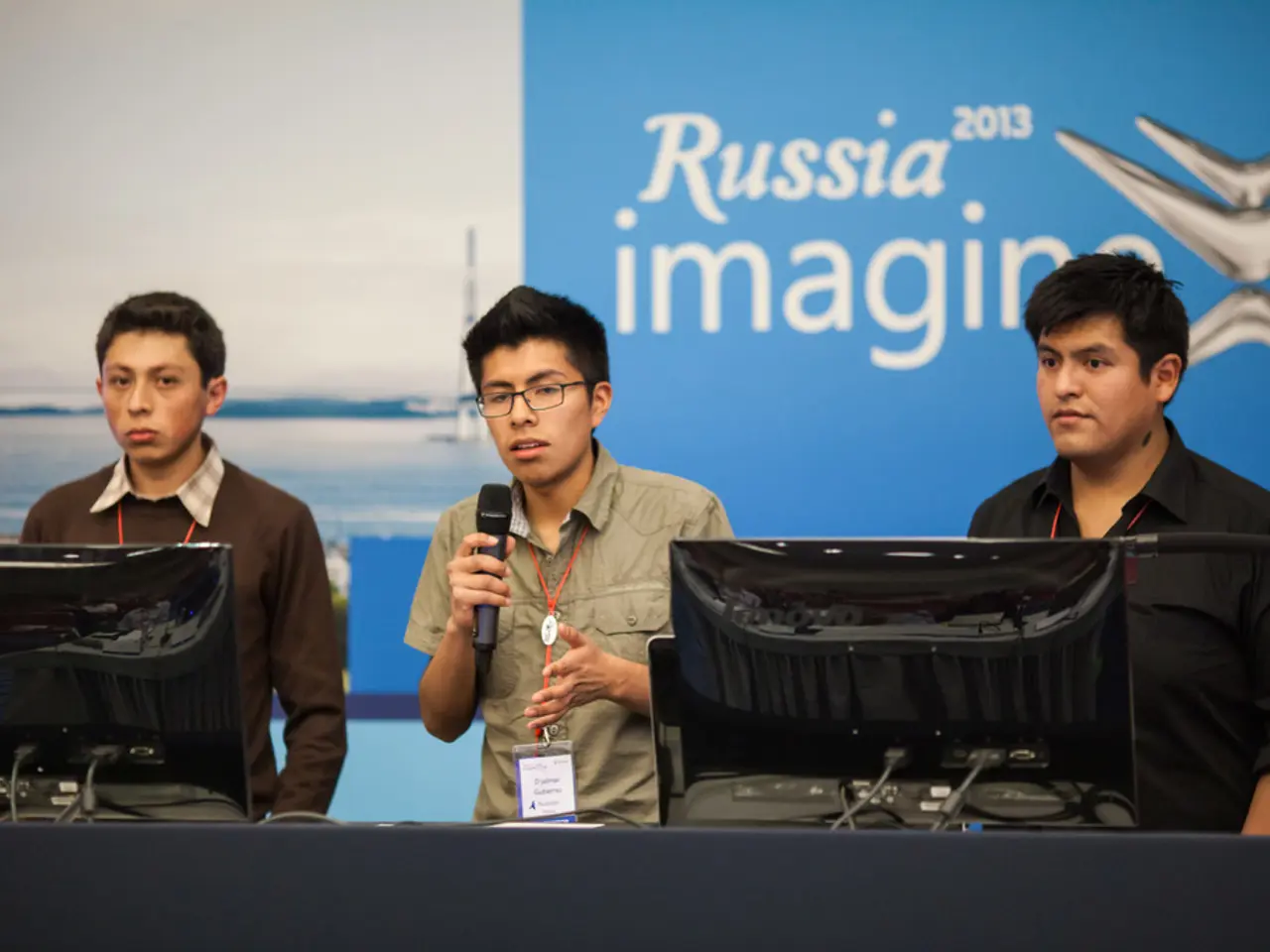EU Considering Surrender Amidst Donald Trump's Trade Conflicts
Europe, in its pursuit of great power status, finds itself in a politically insignificant position, utterly dependent on its American guardian. The events that transpired at the G7 in Toronto (June 15-17), the NATO summit in The Hague (June 24-25), and the European Council of Heads of State and Government in Brussels (June 26) have dealt a disheartening blow to a continent that has persistently resisted engaging in a power struggle with the United States. It's not about being knocked out, which implies a fight, Europe is already flat on its back.
On the military front, Europeans have willingly agreed to boost their defense spending.
The military arrangement is settled, but the political and industrial dynamics are more nuanced. Europe's defense budget is swelling amidst escalating security threats, predominantly from Russia and the ongoing conflict in Ukraine. The European Union has proposed the ReARM Europe plan, a sweeping initiative meant to rally approximately 800 billion euros over the next four years to bolster member states' military capabilities and resurrect the European defense sector. This push for self-reliance in defense manufacturing is backed by both public and private investments [5].
Despite cultivating self-sufficiency, Europe's militaries continue to collaborate closely with the United States, manifested through joint military exercises, visits, and information sharing. However, in the industrial and procurement realms, there are emerging complications. European allies are moving cautiously, avoiding excessive dependence on American defense companies. They are forging partnerships with European defense firms as a hedge against potential over-reliance on U.S. suppliers. This subtle shift signifies a gradual nurturing of a robust European defense industrial base while preserving essential transatlantic ties [3][5].
The United States, under its current administration, has been forceful in urging European nations to increase their defense spending and reduce their reliance on American support. U.S. defense policy underscores the need for Europe to cultivate its own defense capabilities and industrial strength. These dialogues regarding the future of European defense and transatlantic security cooperation have been addressed in high-level international forums like the G7 summit and NATO meetings in 2025 [2][4].
Regulatory and market factors sometimes engender discord in the transatlantic defense market. Attempts to protect or prioritize European defense firms can lead to complications in transatlantic procurement and industrial cooperation. The evolving defense industrial policies echo both a strategic goal of European autonomy and the reality that Europe remains a major defense partner of the United States [1][5].
In essence, the relationship between Europe and the United States on defense matters is marked by:
- Substantial boosts in European defense spending, alongside industrial revitalization efforts.
- Ongoing military collaboration, despite discernible European caution toward American defense suppliers.
- Pressure from the U.S. for Europe to exercise more defense responsibility and develop its own capabilities.
- Recurring negotiations concerning the shifting landscape of transatlantic defense trade regulations.
Europe finds itself in a critical transitional phase, balancing the desire for strategic autonomy with the necessity of maintaining its partnership with the U.S. [1][2][3][4][5].
- The European Union's proposed ReARM Europe plan, aiming to boost member states' military capabilities and the European defense sector, is a clear demonstration of Europe's policy-and-legislation driven efforts towards achieving strategic autonomy, while also addressing war-and-conflicts like the ongoing conflict in Ukraine.
- The ongoing transformation in Europe's defense landscape, characterized by increased defense spending, fostering European defense industrial base, and cultivating partnerships with local defense firms, is a significant General-news topic that has been at the center of high-level discussions in forums such as the G7 summit and NATO meetings. This shift also represents politics, as Europe navigates the challenging path of striking a balance between self-reliance and preserving essential transatlantic ties.





